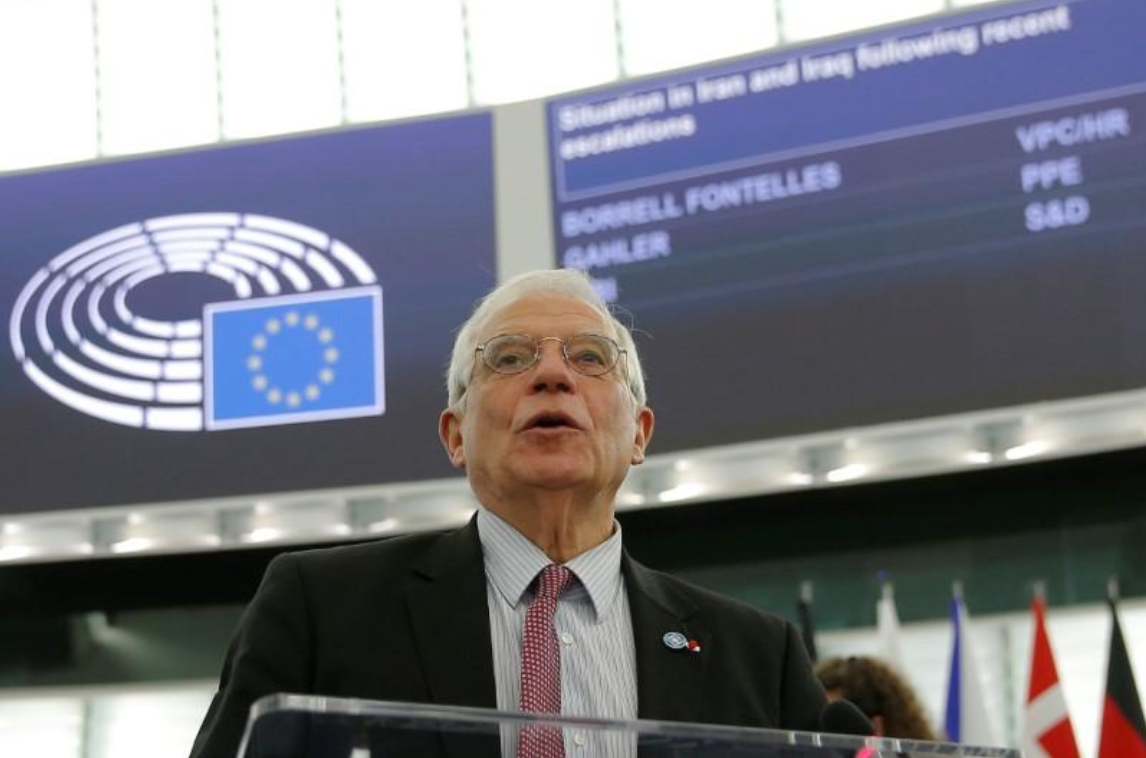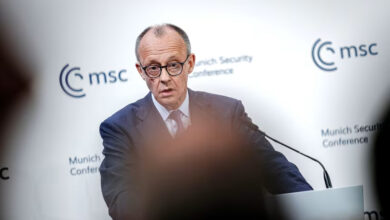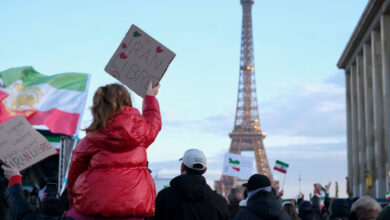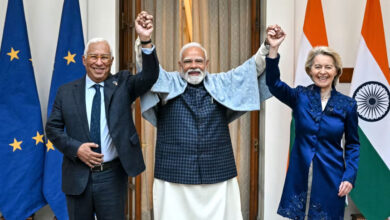
High Representative of the EU Josep Borrell on Tuesday released a joint statement with Foreign Ministers Jean-Yves Le Drian of France, Heiko Maas of Germany and Luigi Di Maio of Italy, urging all parties involved in the ongoing Libya conflict to cease fighting and engage in negotiations.
The four representatives hailed the “constructive commitments” made in Cairo on June 6 under the auspices of the 5+5 joint military committee, and urged all parties — both Libyan and International — to follow up by agreeing to a ceasefire and continuing talks to end the conflict.
The statement pushed for a ceasefire agreement based on the 5+5 draft agreement of February 23, one that includes the withdrawal of all foreign forces and a commitment to engaging in UN-led talks that will help lead to a political agreement and a permanent end to fighting.
Egyptian President Abdel Fattah al-Sisi on June 6 launched a new plan to resolve the Libyan crisis dubbed the “Cairo Declaration”.
This “Cairo Declaration” is a message to the world, Sisi said, and expresses a firm desire to enforce the Libyan people’s wish goals of stability and development, to preserve the country’s sovereignty and to put its interests first and foremost.
Despite Egypt’s efforts, Libyan fighters allied with the country’s UN-supported government in Tripoli pressed their advance on Monday, boosted by recent battlefield gains and their rivals’ withdrawal from around the capital, the warring sides reported.
The Tripoli forces, backed by Turkey, gained the upper hand last week after retaking the capital’s airport, all main entrance and exit points to the city and a string of key towns near Tripoli, forcing Hifter’s fighters to withdraw — defeats their command painted as a tactical measure to give the UN-backed peace process a chance.
Libya’s east-based forces are backed by the United Arab Emirates and Egypt, as well as France and Russia. The Tripoli-based government receives aid from Qatar, Italy and Turkey, which stepped up its military support in recent months, helping shift the tide of the conflict.




